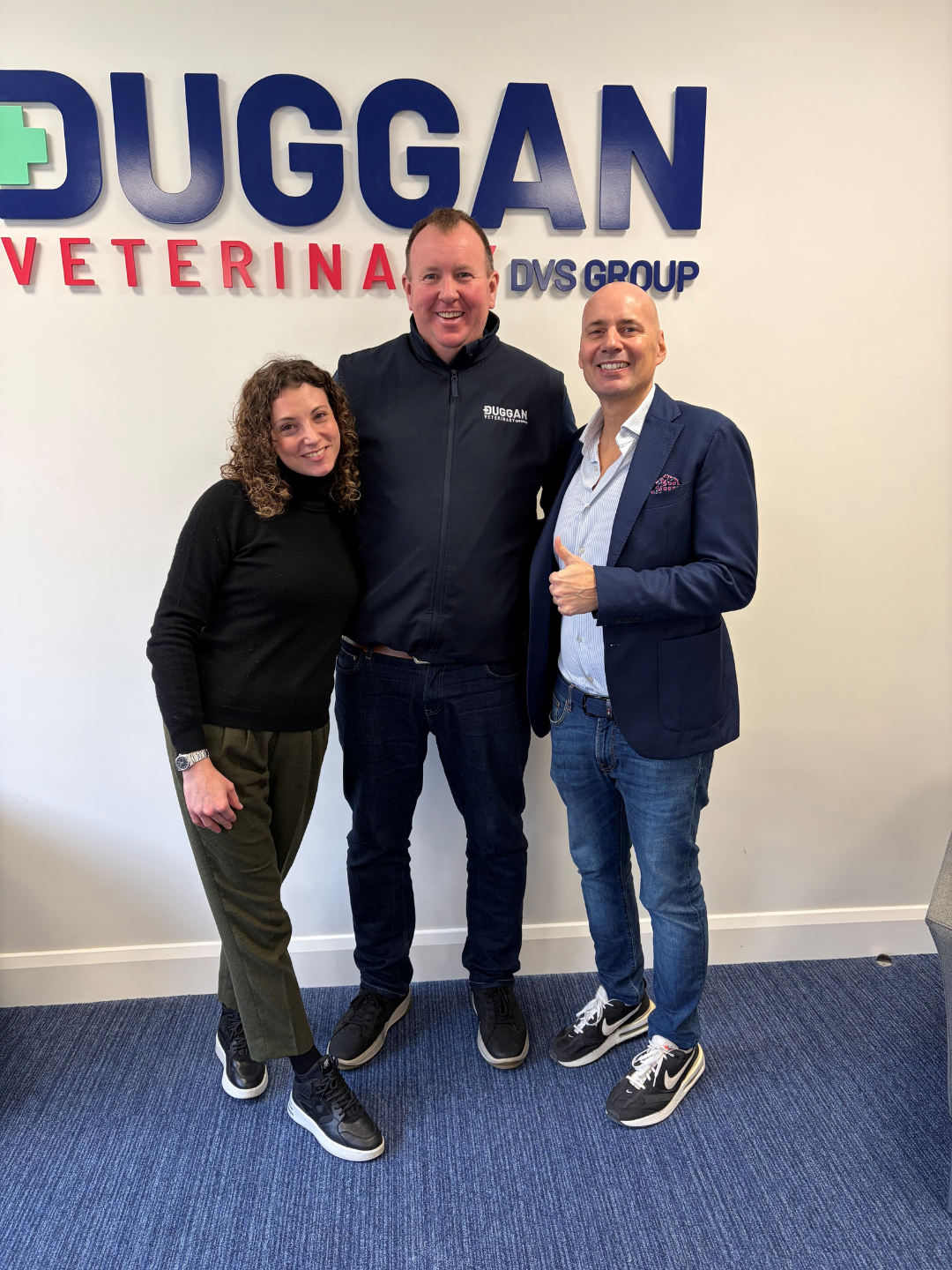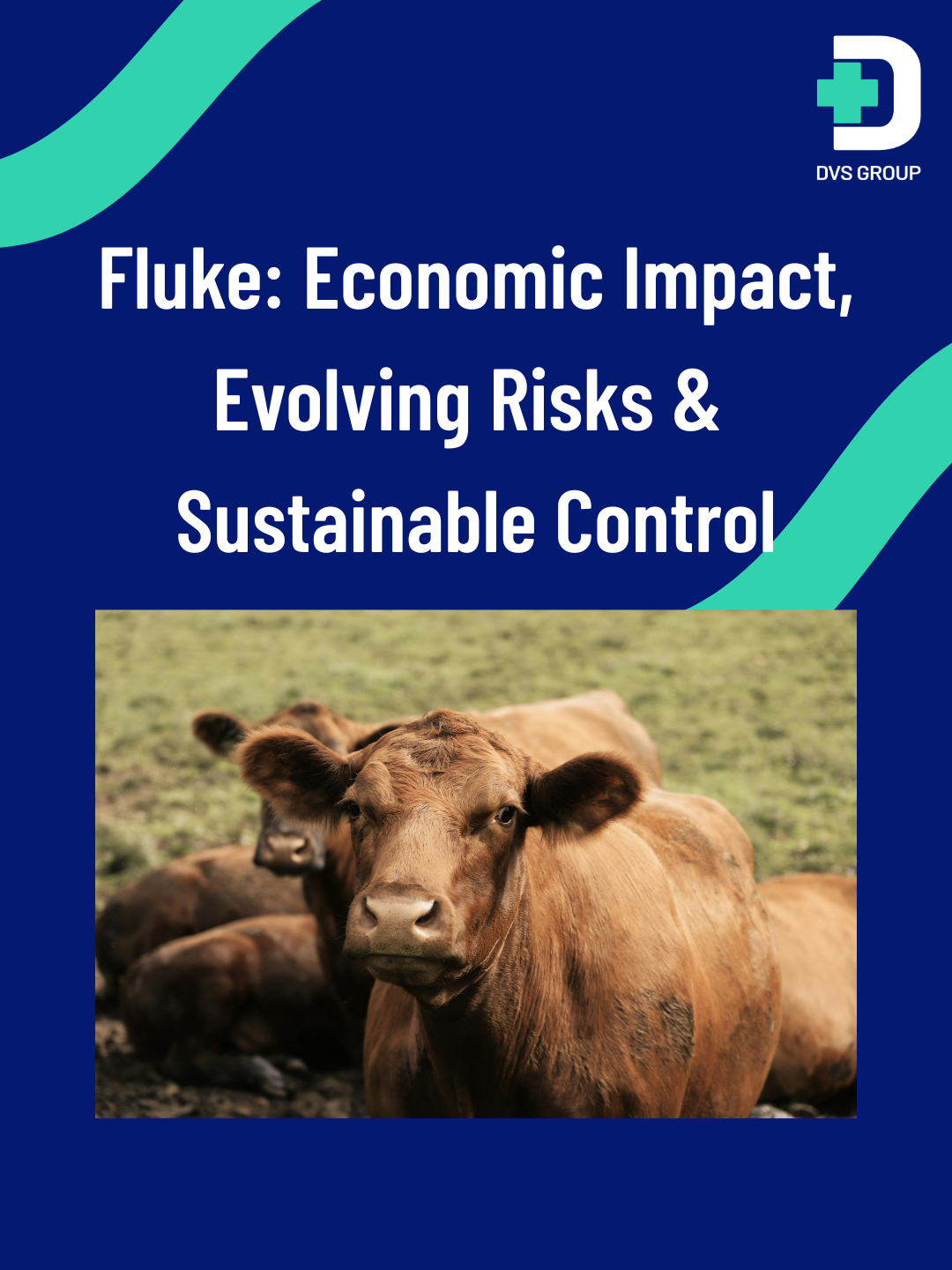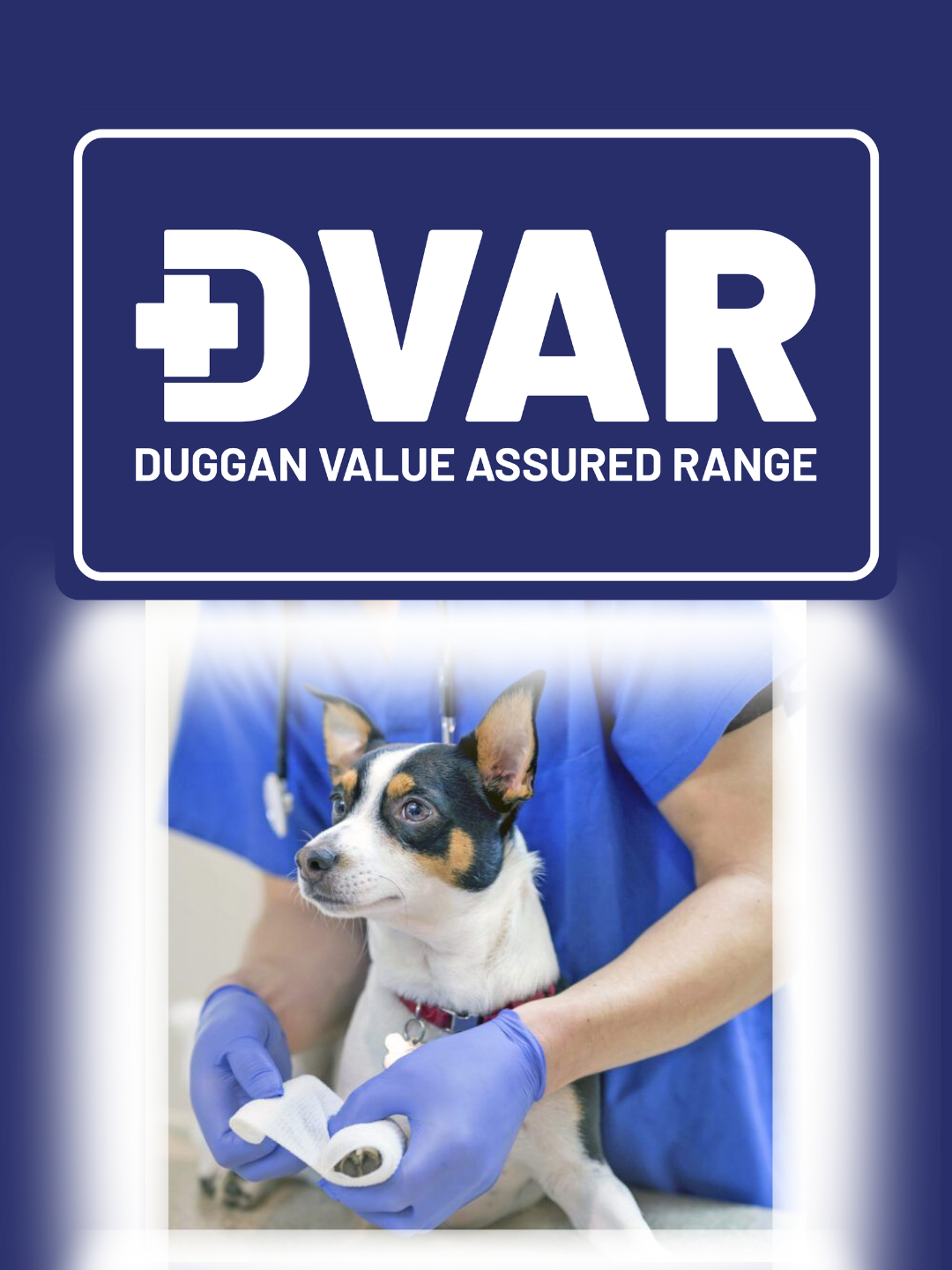A significant oil spill has occurred along the Wexford, Wicklow and Dublin coast in the Irish Sea. What caused the oil spill or the precise location of it are still unknown despite efforts by the Coast Guard, who sent a helicopter out on Thursday morning. The Kildare Wildlife Rescue (KWR) has responded with its resources. The spill has impacted seabirds and poses a threat to local wildlife. KWR manager Dan Donoher estimates that the oil spill must have originated far out at sea as the birds that have been affected are also located far out at sea.
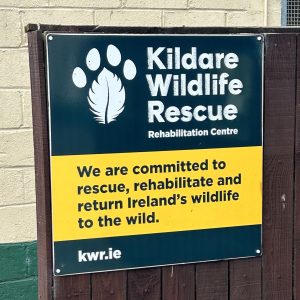 On Wednesday afternoon, reports of oiled seabirds such as Common Guillemots started to come in from Carnsore Point, Co Wexford, to Dalkey Island, Dublin. Areas such as Greystones, Brittas Bay, Newcastle Beach, Wicklow Town, and Curracloe Beach, among others have been largely affected by the oil spill.
On Wednesday afternoon, reports of oiled seabirds such as Common Guillemots started to come in from Carnsore Point, Co Wexford, to Dalkey Island, Dublin. Areas such as Greystones, Brittas Bay, Newcastle Beach, Wicklow Town, and Curracloe Beach, among others have been largely affected by the oil spill.
Duggan Veterinary are delighted to support Kildare Wildlife Rescue in their endeavours and have donated lots of bandaging consumables to help. Brian O’Callaghan states: ‘Duggan Veterinary is pleased to announce its support for Kildare Animal Rescue as they work tirelessly to treat birds affected by a recent oil spill ensuring their swift recovery and safe return to the wild. Duggan Veterinary’s contribution includes providing medical supplies, woundcare and other veterinary consumables to support the rescue efforts. This initiative underscores Duggan Veterinary’s commitment to wildlife conservation and community support, reflecting our dedication to animal welfare beyond our regular veterinary supply services.’
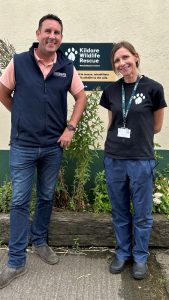 As of last night, three Guillemots were already admitted to the Oiled Wildlife Unit at KWR’s Centre in Kildare Town. On Thursday, an additional eight birds have been collected while six birds have been found dead.
As of last night, three Guillemots were already admitted to the Oiled Wildlife Unit at KWR’s Centre in Kildare Town. On Thursday, an additional eight birds have been collected while six birds have been found dead.
Mr Donoher explained that the KWR expect it could be tomorrow or Saturday before they see the extent of the harmed wildlife as the affected birds are still too mobile yet to contain and are situated in inaccessible locations.
“The birds are very badly covered by the substance and we are doing all we can to clean them and treat them,” said Mr Donoher.
Oil can cause the birds’s feathers to clump together and separate, compromising their waterproofing ability and leaving the animal vulnerable to temperature fluctuations, leading to hypothermia. As a result, the birds try to remove the oil from their feathers through preening, while ingesting the substance and causing damage to their internal organs.
The National Parks and Wildlife Service is still investigating the ongoing issue.

